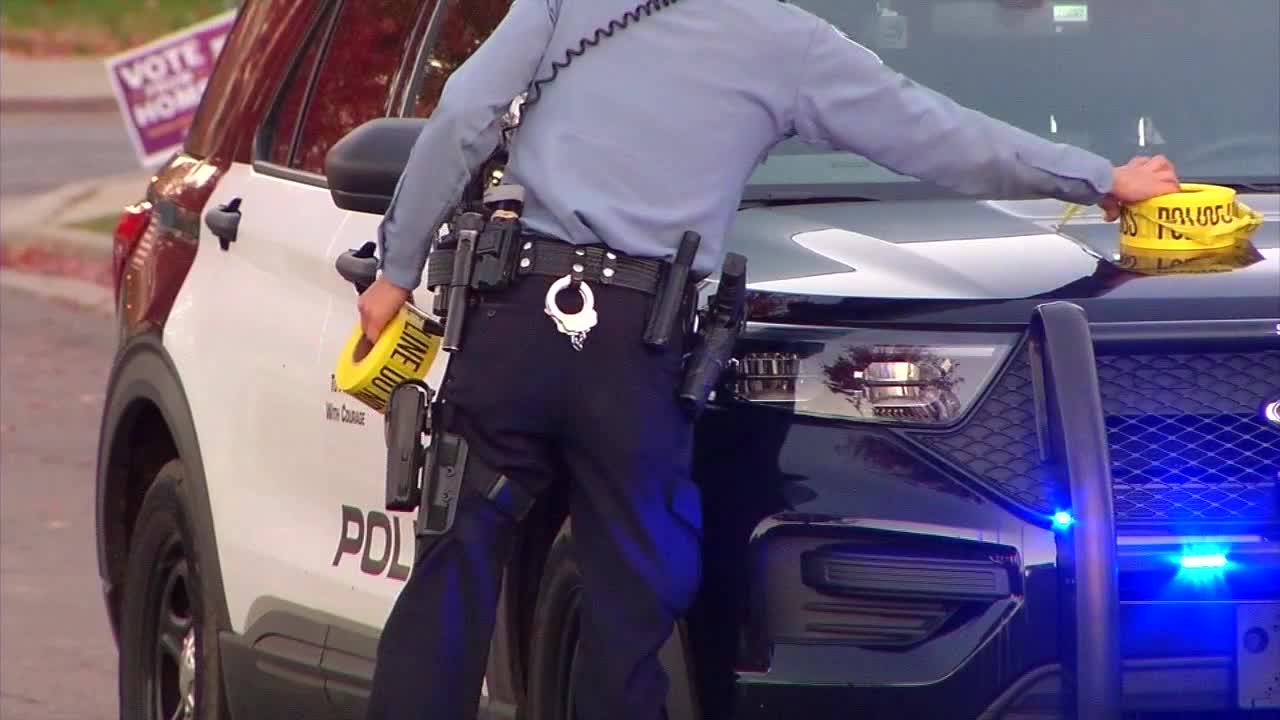Proposed bill would require first responders to undergo months of treatment before applying for disability
[anvplayer video=”5166814″ station=”998122″]
It’s no secret that first responders are increasingly dealing with stress on the job— something acknowledged by state lawmakers in St. Paul Thursday.
“Law enforcement has gotten a lot harder,” declared Representative Kaohly Her, a DFL member from St. Paul. “There has been a lot more demand on our officers— and our firefighters.”
Members of the House Public Safety Committee say they’ve seen a sharp increase in claims for duty disability benefits by police officers, firefighters, and paramedics.
“The trend has gone up and it’s gone up exponentially,” Her explained. “In 2019 it was 118 applications and by 2022 it was 257. 80% of the claims are PTSD related.”
Back in July of 2020— just weeks after the murder of George Floyd, 5 EYEWITNESS NEWS reported more than 150 Minneapolis Police Officers had started the process of filing disability claims— most stating they were suffering from PTSD.

“We provide treatment for our first responders who receive physical injuries,” John Swenson, the Public Safety Director of Lino Lakes. “We need to provide for our first responders who sustain mental health injuries.”
The new bill— HF 1234— calls for a new psychological treatment requirement before first responders can apply for disability benefits.
The bill says a licensed medical provider must write a report, citing an applicant has a disability— and that an employee would then undergo 24 consecutive weeks of treatment by a mental health professional.
The next steps would be more treatment, a return to work— or disability pay.
The final determination would have to be supported by a report from the medical provider.
The bill’s sponsors say they want to help those with legitimate claims, but also say they want to prevent potential fraud.
“We don’t want to hurt officers and law enforcement who legitimately need help to get what they need up front,” Her says. “But we also want to ensure that if there should be situations where there are these few individuals, a few bad actors, that might be part of what it is, on the part of employers or employees, that we have mechanisms in place.”
But the bill is getting pushback— including from 25 year police veteran Alan Watt.
“Why make a process that’s hard, harder for the individual,” he told the committee. “I mean, I put my time in. I made my sacrifices, I did everything you asked me to do, and now when I need help, I’m told I have to go through more steps. Suffer more than I’ve already done.”
Lindsey Rowland— an attorney who represents first responders— calls the bill ‘a noble goal.’— but notes that applicants need to re-apply every year, which she says adds to their stress.
“Our major concern is that the additional steps in the process would complicate an already complicated system,” she says. “Specifically there are additional penalties that will be levied against first responders who are not able to return to work in their first responder position, but instead will want to pursue new careers in their communities.”
The bill also calls for wellness training, to prepare first responders for stressful and traumatic events common to those professions.
The bill passed in the Public Safety Committee and now moves on the Judiciary, Finance, and Civil Law Committee.
We reached out to the Minnesota Police and Peace Officers Association and the Minneapolis Police Federation for comment, but have not heard back.
However— a representative from MPPOA spoke at the Thursday hearing.
He made no objections to the bill, and thanked the committee for their work.
Swenson says he supports the plan.
“Through our work, we learned through mental health experts that mental health injuries are highly treatable, particularly PTSD,” he told the committee.